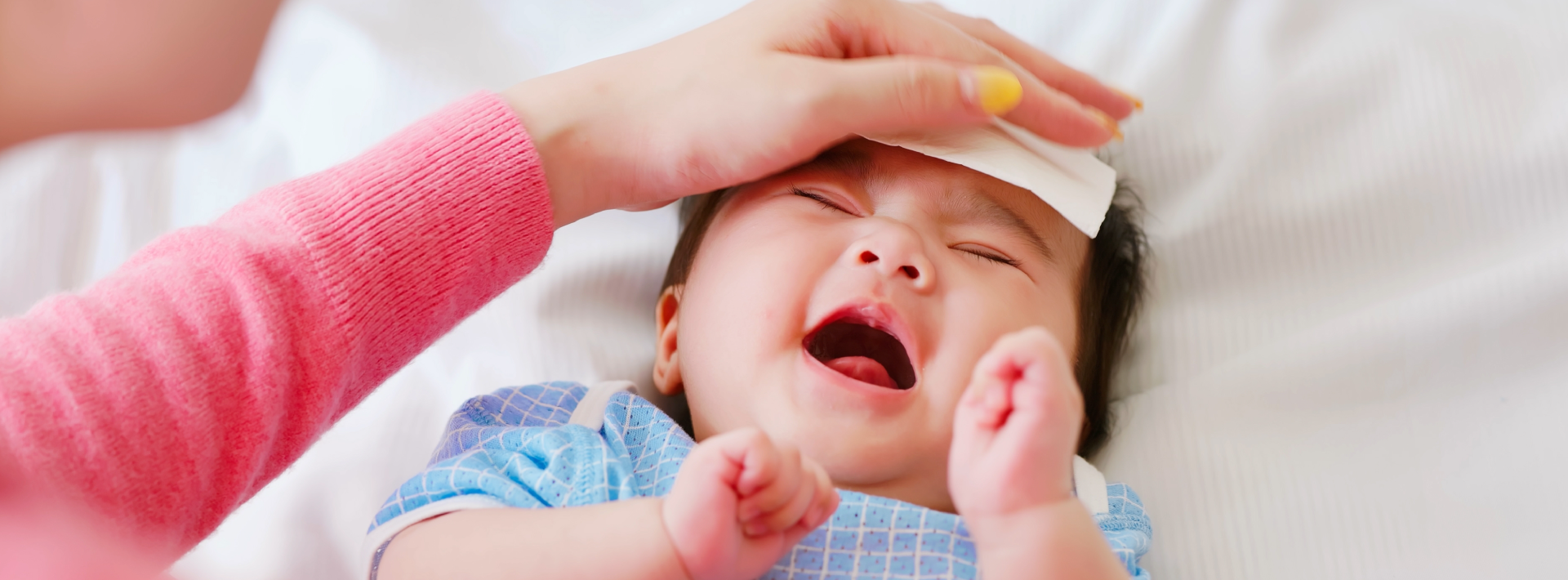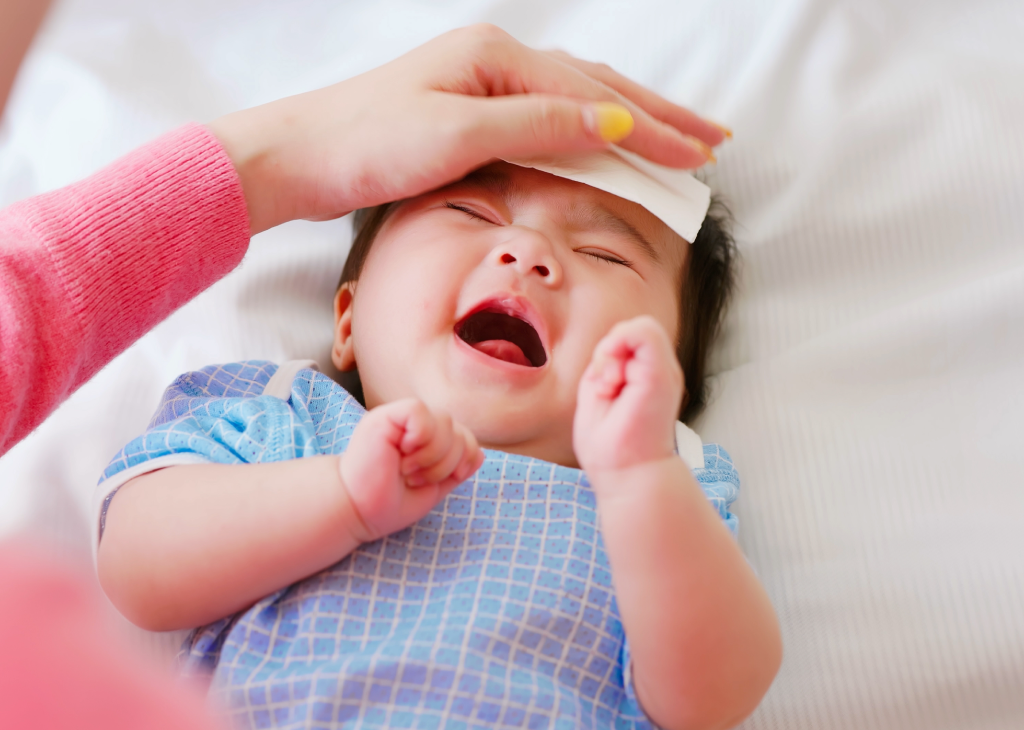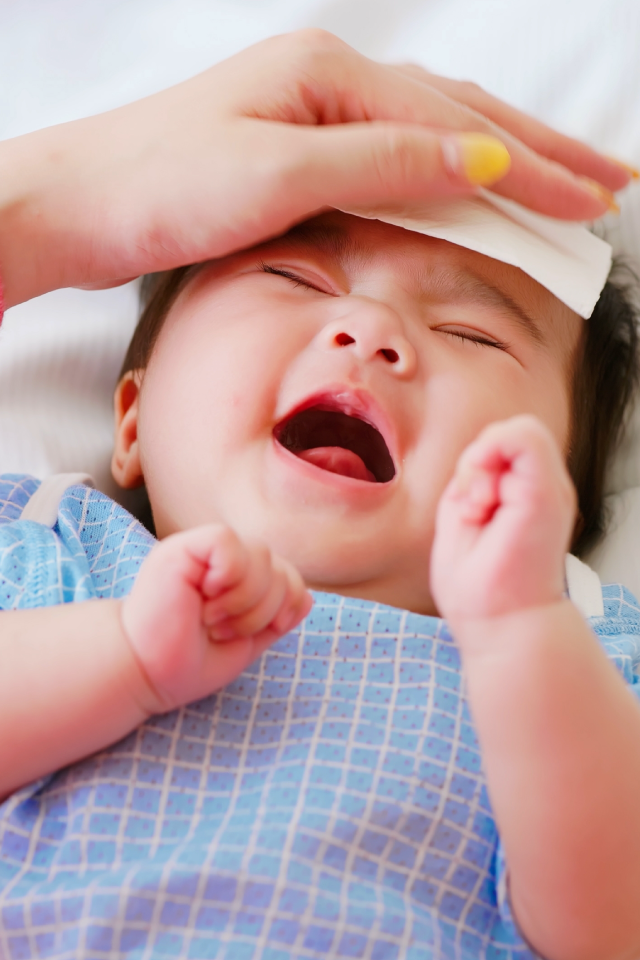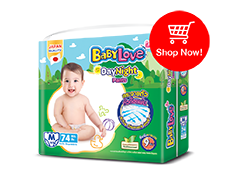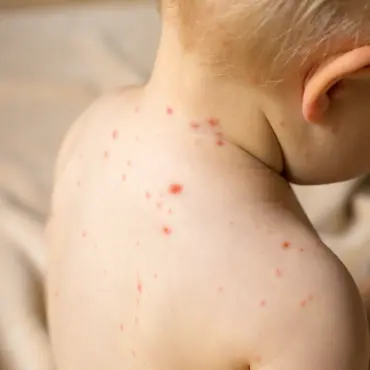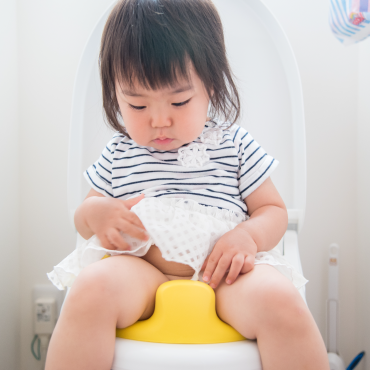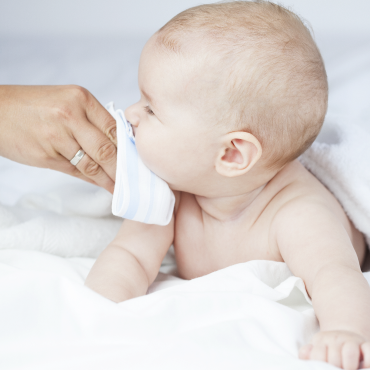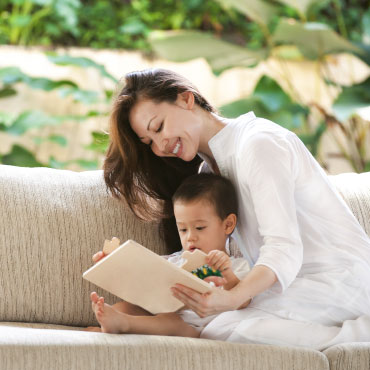The rainy season with its humid weather is a period during which parents should be prepared to deal with various illnesses that come along with the rain. These might cause your little one to fall sick more often. Whether it's hand, foot, and mouth disease, you can help prevent your little ones from such illnesses. Besides, another popular disease that is often encountered is 'Herpangina,' which some parents might not have heard of before. So, let’s get to know it a little more.
What is Herpangina?
It is a disease caused by the same virus group as hand, foot, and mouth disease. The cause is viral infection from the Enterovirus group, which has multiple types, including Coxsackie A and Enterovirus 71. Within this group, there are many strains and varieties of viruses. Once children recover from this disease, they develop immunity and are unlikely to get sick from the same strain again. However, there is a chance of recurrence if infected by a different strain of the virus.
How is 'Herpangina' transmitted?
This disease can enter a child's body directly through the mouth, from hands that have come into contact with nasal or salivary fluids, or contaminated toys. It can also be transmitted from the fluid of blisters, or from the stool of an infected person, as well as through coughing and sneezing. it is often found in young children under 5 years old. After exposure, symptoms in children usually start within 3-6 days.
Initial symptoms may resemble Hand, Foot and Mouth Disease, but they differ in that 'Herpangina' does not cause rash on the hands and feet. Instead, it manifests as sores appearing only in the mouth and throat. This can make it challenging to detect the symptoms of this disease. The sores are typically around 2-4 millimeters in size, white or pale gray, with red edges, resembling fever blisters.
Commonly observed symptoms include the followings:
- Sudden high fever of 38.5 - 40 degrees Celsius;
- Sore throat and difficulty swallowing;
- Presence of sores in the mouth, on the palate, tonsils, uvula, and back of the throat;
- Loss of appetite, refusal to eat, vomiting;
- Headache and body aches; and
- In infants and young children, excessive salivation, fussiness, and refusal to breastfeed may occur.
In most cases, this disease is not severe and can resolve on its own within 7-10 days. However, it is important to be vigilant about potential symptoms or complications, although they are uncommon. These might include conditions like encephalitis, myocarditis, and muscle weakness that could, in rare instances, affect fatality.
Treatment: Herpangina is a disease that can resolve on its own.
- Treatment will mostly involve taking medication according to symptoms, such as fever reducers, pain relievers, and specific throat lozenges.
- Consuming cool foods can help alleviate discomfort, like cold milk, cold water, jelly, or ice cream.
- Encourage your child to drink water, electrolyte solutions, and consume small but frequent amounts of fluids to prevent dehydration.
How to prevent this disease?
At present, there is no vaccine to prevent 'Herpangina' since it is caused by multiple types of viruses in the Enterovirus group. There is only one vaccine available that provides protection against Hand, Foot and Mouth Disease, and it can only protect us against EV-71 strain of the Enterovirus, which is more commonly associated with severe neurological complications than other strains.
Initial prevention includes the followings:
- Frequently wash hands, both before/after eating and after your children use the bathroom, using soap and clean water.
- Be cautious about touching saliva, nasal fluids, and the belongings of a child with this disease, including various toys.
- Regularly clean toys and equipment used by the child to keep them tidy.
- Avoid sharing cups and utensils.
- Use a shared spoon during meals.
- Teach your child to cover their mouth and nose whenever they cough or sneeze.
- Avoid taking your child to crowded places or locations at risk of infection.
- If your children are unwell, it is advisable to keep them home from school until they fully recover to minimize the spread of the infection.
To conclude, during the rainy season, parents should take extra care of their children to reduce the risk of various illnesses.
A heartfelt thank to Piyarat Lertbannaphong, M.D., a pediatric specialist doctor.
Ensuring your little ones’ well-being is important, but don't forget to prioritize their hygiene even during diaper changes! Remember to change diapers every 2-3 hours and opt for highly absorbent ones that can last up to 9 hours.(1) With dual-layer leg cuffs for leak protection, the all-new 'Baby Love Daynight Paint' diapers are highly recommended! It's time for a new standard in comfort and care!"
Enjoy shopping good quality diapers with discounts and free gifts at BabyLove Online Shop
(1) The absorption duration depends on the amount of urine for each individual child.
Crated At 28/08/2023













